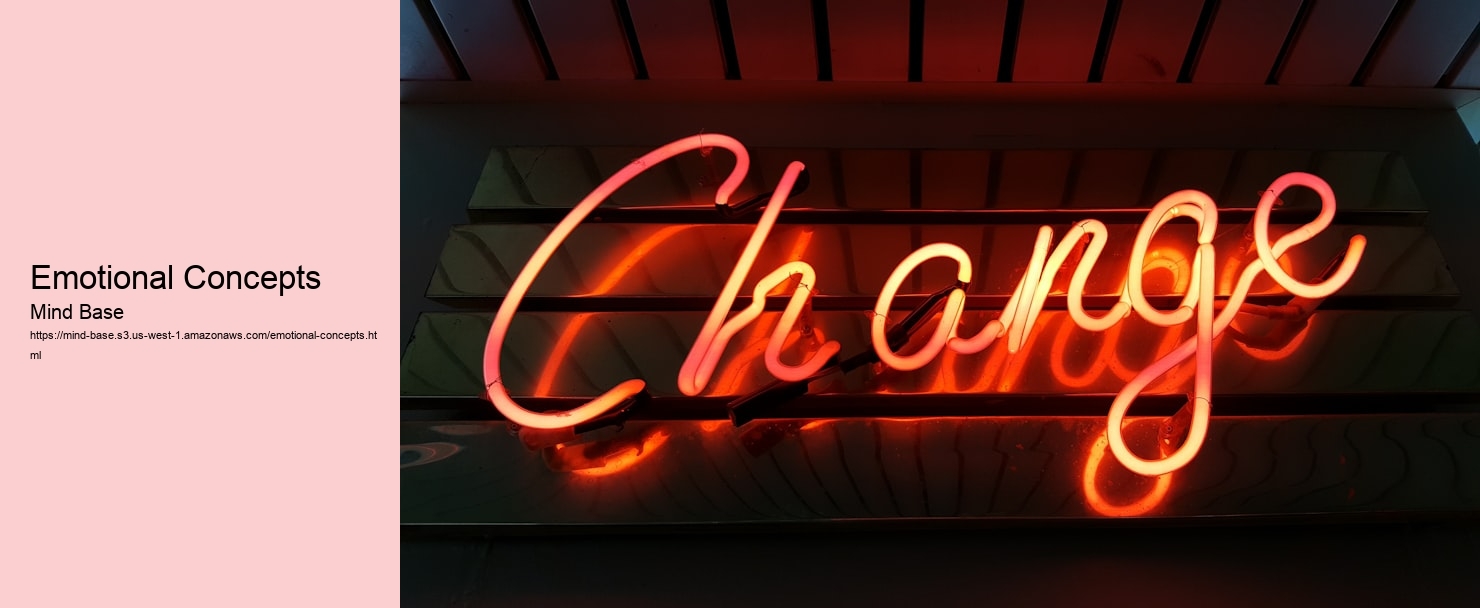
The integration of artificial intelligence (AI) into therapeutic practices offers new possibilities for enhancing patient care. AI-driven tools can analyze large datasets to identify trends and predict outcomes, aiding therapists in Calgary by providing evidence-based recommendations tailored specifically to their clients' needs. While still an emerging field within therapy, AI holds promise for expanding access and personalizing treatment approaches.
Cognitive science serves as a cornerstone for modern therapeutic practices in Calgary by offering comprehensive insights into human cognition and behavior. By integrating knowledge across disciplines like neuroscience and linguistics-and increasingly leveraging technology such as AI-therapists are better equipped to address complex mental health challenges effectively. Ultimately, this multidisciplinary approach enriches both the client-therapist relationship and therapeutic outcomes.
Mental health is a crucial aspect of overall well-being, encompassing emotional, psychological, and social dimensions. It influences how individuals think, feel, and act, as well as how they handle stress and make decisions. In Calgary, the demand for mental health services continues to rise as people become more aware of its impact on quality of life. Therapy in this context often refers to psychotherapy-a therapeutic interaction or treatment contracted between a trained professional and a client.
In Calgary, therapists play an esential role in helping individuals navigate their mental health challenges. They offer various types of therapy tailored to meet the unique needs of each client. This includes cognitive-behavioral therapy (CBT), which focuses on changing negative thought patterns; interpersonal therapy (IPT) that improves communication skills; and mindfulness-based approaches that promote present-moment awareness. Binge Eating Disorder Each type has its indications and potential contraindications depending on the individual's condition.

Therapists in Calgary address a wide range of mental health issues such as anxiety, depression, trauma, relationship difficulties, and stress management. These professionals use evidence-based practices to help clients develop coping strategies and resilience. It's important to recognize that not all therapies work for everyone; finding the right approach may require some experimentation with different modalities under professional guidance.
Personalized care is crucial when it comes to mental health treatment. A therapist's ability to tailor sessions according to an individual's specific needs can significantly enhance the effectiveness of therapy. In Calgary's diverse population, cultural sensitivity also plays an integral part in ensuring that clients feel understood and respected throughout their therapeutic journey.
As a round up: Seeking mental health support through therapy is an empowering step towards achieving better mental wellness. Whether you are grappling with everyday stresses or more complex psychological issues, therapists in Calgary are equipped with the knowledge and tools necessary to guide you toward improved emotional resilience and overall well-being.


Emotions are intricate experiences that involve a combination of physiological arousal, expressive behaviors, and conscious thoughts. In the realm of therapy in Calgary, understanding these emotional responses is crucial for effective treatment.
In psychotherapy, emotions are not merely symptoms to be alleviated but essential components that offer valuable insights into an individual's mental state. Therapists in Calgary recognize that emotions like anger, sadness, joy, and fear serve as signals about underlying psychological conditions. Addressing these emotions thru therapy can help uncover deeper issues that may not be immediately apparent. By acknowledging and working through emotional experiences, clients can begin to heal from past traumas or develop healthier coping mechanisms.
One key aspect of therapy is helping clients regulate their emotions effectively. Cognitive-behavioral therapy (CBT) is commonly used by therapists in Calgary to assist individuals in recognizing and altering destructive thought patterns that contribute to negative emotions. Mindfulness-based therapies also encourage clients to stay present with their feelings without judgment, fostering greater emotional awareness and acceptance. Through guided therapeutic techniques, individuals learn not only to manage their immediate emotional responses but also to understand the triggers behind them.

Emotional resilience refers to an individual's ability to adapt positively despite experiencing adversity or trauma. In therapy sessions focused on building resilience, Calgary therapists guide clients through processes that enhance self-awareness and inner strength. Techniques such as narrative therapy allow individuals to reframe their personal stories in empowering ways while developing skills for future challenges. Cultivating resilience helps clients navigate life's ups and downs more effectively by harnessing personal strengths rather than being overwhelmed by negative emotions.
As a round up: Understanding the psychology of emotions within the context of therapy provides invaluable tools for healing and growth. For those seeking support from therapists in Calgary, delving into one's emotional landscape offers a path toward improved mental health and well-being. Embracing both positive and challenging feelings enables individuals to live more balanced lives while fostering deeper connections with themselves and others around them.

Psychological health and wellness incorporates emotional, psychological, and social well-being, influencing cognition, understanding, and habits. According to the World Wellness Company (THAT), it is a "state of health in which the private recognizes his or her capabilities, can deal with the regular anxieties of life, can function productively and successfully, and can add to his or her neighborhood". It also establishes how a specific deals with stress and anxiety, social partnerships, and decision-making. Mental wellness consists of subjective well-being, viewed self-efficacy, freedom, capability, intergenerational reliance, and self-actualization of one's intellectual and psychological possibility, to name a few. From the viewpoints of favorable psychology or holism, psychological health might include an individual's capability to appreciate life and to create a balance between life activities and efforts to accomplish emotional strength. Cultural differences, personal approach, subjective analyses, and contending specialist concepts all influence how one specifies "mental wellness". Some early indicators associated with mental health troubles are sleep irritation, lack of power, absence of cravings, thinking of hurting oneself or others, self-isolating (though introversion and isolation aren't always harmful), and regularly zoning out.
.Psychiatric therapy (also psychological treatment, talk treatment, or talking treatment) is the use of psychological approaches, especially when based upon routine individual communication, to help an individual modification habits, increase happiness, and get rid of issues. Psychotherapy aims to boost an individual's health and psychological health and wellness, to deal with or alleviate bothersome actions, beliefs, compulsions, ideas, or feelings, and to improve relationships and social abilities. Various kinds of psychotherapy have been developed either for private grownups, family members, or children and adolescents. Some types of psychotherapy are thought about evidence-based for dealing with identified mental disorders; other types have been criticized as pseudoscience. There are hundreds of psychiatric therapy strategies, some being minor variants; others are based on very different conceptions of psychology. The majority of strategies involve one-to-one sessions, between the customer and specialist, yet some are performed with teams, consisting of pairs and families. Psychotherapists may be mental health specialists such as psychiatrists, psycho therapists, mental wellness registered nurses, scientific social workers, marital relationship and household therapists, or expert counselors. Psychotherapists may additionally originate from a variety of various other backgrounds, and depending upon the jurisdiction might be lawfully controlled, voluntarily regulated or uncontrolled (and the term itself may be secured or not).
.A parenting psychologist in Calgary supports families with strategies to manage child behavior and stress. They offer tailored advice to improve parenting and family dynamics effectively.
Counseling for anxiety is a common choice in Calgary due to rising mental health awareness. Registered therapists provide targeted sessions to reduce anxiety using proven methods like CBT.
Managing anxiety in Calgary starts with counseling or CBT from local psychologists who understand urban stress. Support groups and mindfulness practices are also widely available to help.